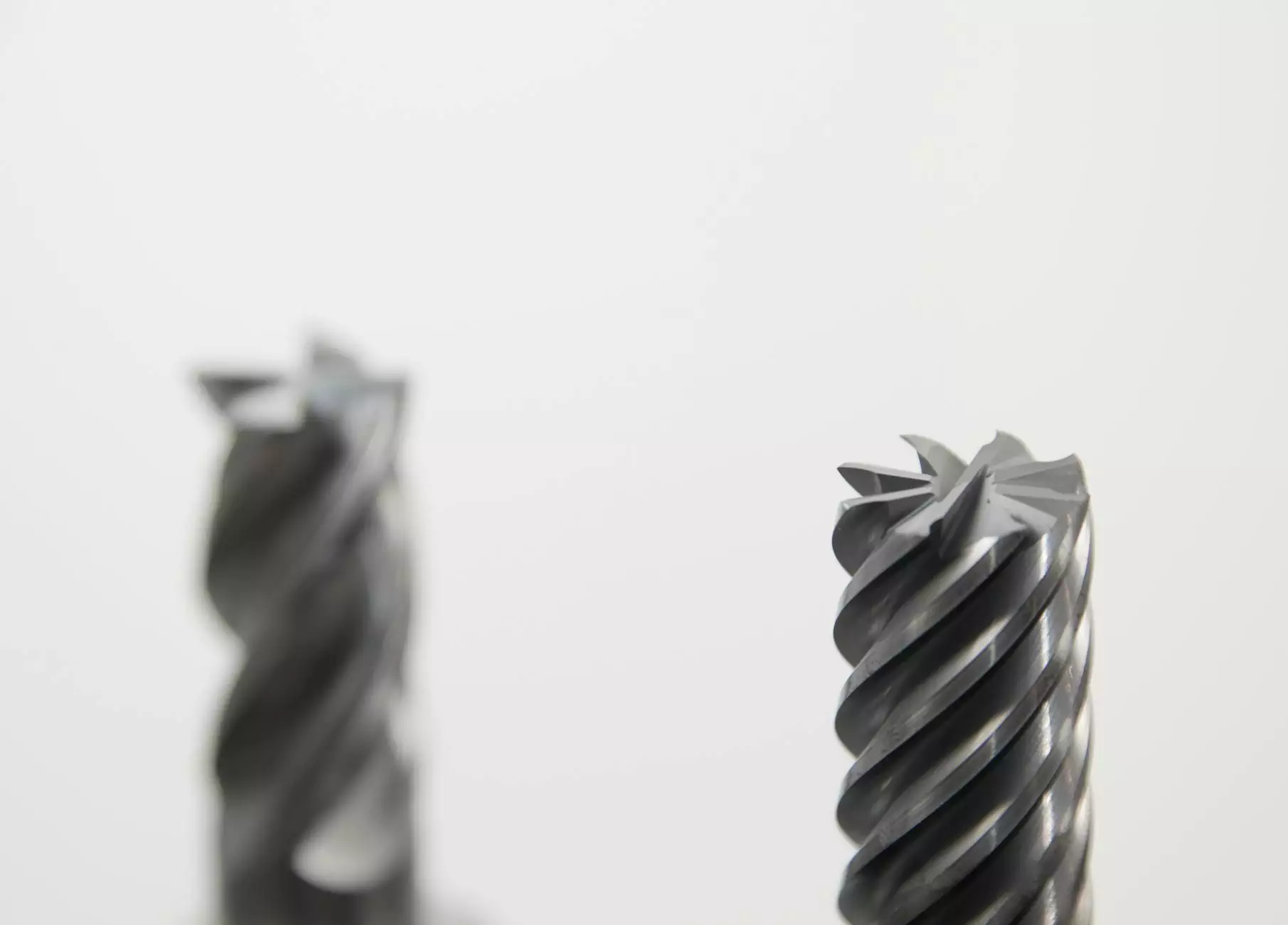The Impact of Automotive Parts Manufacturers on the Industry

The landscape of the automotive parts manufacturers sector is continually evolving in response to technological advancements, environmental challenges, and the ever-changing demands of the consumer market. As the backbone of the automotive industry, these manufacturers play a crucial role in shaping the future of vehicle production and sustainability.
Understanding the Role of Automotive Parts Manufacturers
At its core, the industry of automotive parts manufacturers encompasses a broad range of businesses responsible for producing the myriad components that make up vehicles. These components range from the essential elements like engines, transmissions, and brakes to specialized parts such as electronic systems, lighting fixtures, and interior fittings. The complexity and diversity of these components underscore the critical role manufacturers play in the automotive supply chain.
Key Contributions of Automotive Parts Manufacturers
Automotive parts manufacturers contribute significantly to various facets of the automotive ecosystem. Here are some of the key ways they make an impact:
- Innovation: Manufacturers are at the forefront of technological advancements, developing new materials and processes that enhance vehicle efficiency and performance.
- Sustainability: With a growing emphasis on eco-friendly practices, many manufacturers are incorporating sustainable methods into their production processes, reducing waste and emissions.
- Competitiveness: The global automotive market is competitive, and manufacturers play a crucial role in ensuring that vehicles are produced at competitive prices, helping car manufacturers maintain market relevance.
- Safety Standards: Automotive parts manufacturers are instrumental in adhering to safety regulations and developing components that enhance the overall safety of vehicles.
The Relationship Between Manufacturers and Automotive Companies
Automotive parts manufacturers maintain a symbiotic relationship with automotive companies. Understanding this relationship offers insights into how vehicles are designed and produced. Communication and collaboration between manufacturers and automotive companies are vital for:
1. Customization of Parts
Each automotive company has unique requirements based on their vehicle designs. Automotive parts manufacturers work closely with these companies to customize components, ensuring they fit perfectly within each vehicle. This customization enhances performance, durability, and safety.
2. Just-in-Time Manufacturing
The automotive industry often operates on a just-in-time (JIT) manufacturing model, allowing producers to minimize inventory costs and streamline production. This philosophy relies heavily on the efficiency and reliability of automotive parts manufacturers to deliver components as needed.
3. Quality Control
Quality is paramount in vehicle safety and performance. Manufacturers implement stringent quality control mechanisms that ensure every part produced meets industry standards. This relationship nurtures a culture of excellence and responsibility.
Challenges Faced by Automotive Parts Manufacturers
Despite their critical role, automotive parts manufacturers face several challenges that can hinder their operations. Some of the most significant challenges include:
- Supply Chain Disruptions: Global events, such as pandemics or natural disasters, can severely disrupt supply chains, affecting the timely delivery of parts and components.
- Technological Integration: As the industry moves towards electrification and automation, manufacturers must continually invest in new technologies and skills to meet the demands of evolving vehicles.
- Regulatory Compliance: Compliance with strict regulations regarding emissions and safety can be daunting for manufacturers, forcing them to adapt quickly to new guidelines.
- Market Volatility: Changes in consumer preferences and global economic conditions can impact the demand for specific vehicle types, influencing production plans and inventory levels.
Future Outlook for Automotive Parts Manufacturers
The future of automotive parts manufacturers is promising yet requires agility and foresight. Several trends are emerging that will shape the future of the industry:
1. Electrification of Vehicles
As the world shifts towards electric vehicles (EVs), manufacturers will need to adapt their production lines and invest in the technologies that support EV components such as batteries and electric drivetrains. This shift not only creates new opportunities but also challenges existing paradigms.
2. Advanced Manufacturing Technologies
Embracing technologies such as 3D printing, artificial intelligence, and automation can enhance manufacturing efficiency and reduce costs. These technologies allow for rapid prototyping and the ability to produce complex designs that were previously unfeasible.
3. Sustainability Initiatives
The emphasis on sustainability will persist, prompting manufacturers to explore sustainable materials and eco-friendly production processes. Companies focusing on green practices can enhance their brand image and appeal to ethically conscious consumers.
Conclusion
In conclusion, the role of automotive parts manufacturers is integral to the success and evolution of the automotive industry. From innovation and safety to sustainability and collaboration, these manufacturers are not just suppliers but key partners in crafting the vehicles of tomorrow. By addressing their challenges and harnessing emerging trends, they can ensure their ongoing relevance in a dynamic automotive landscape.
It's clear that the importance of these manufacturers cannot be overstated, and their contribution to the sector will only continue to grow as we navigate towards a more technologically advanced and sustainable automotive future.









